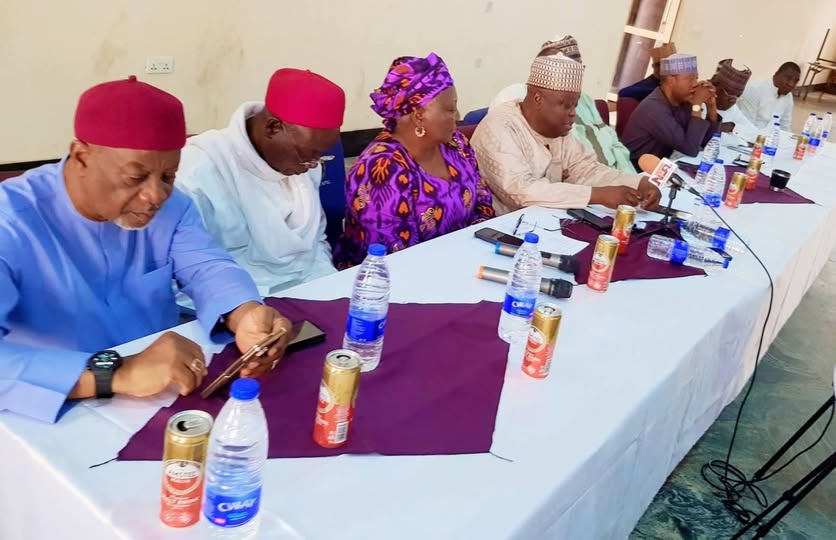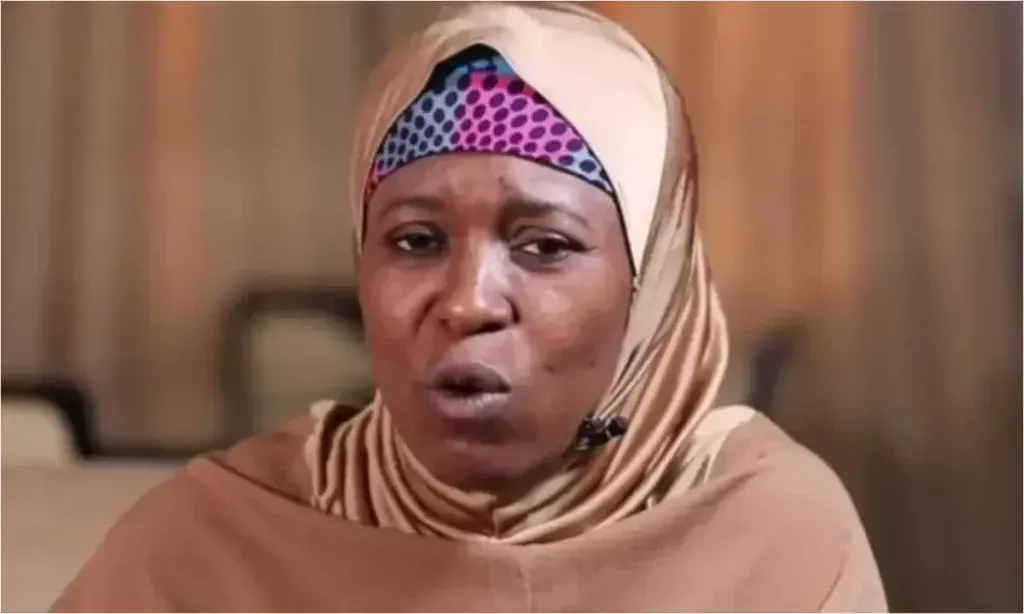In a dramatic protest outside the Panama Convention Centre where the tenth Conference of the Parties (COP) of the World Health Organization’s (WHO) Framework Convention on Tobacco Control (FCTC) is being held, tobacco producers and workers from Colombia, Panama, Honduras, and Nicaragua voiced their strong dissent.
These protesters challenge the WHO’s decisions regarding measures for tobacco growing, denouncing “exclusion” and “lack of transparency” in the decision-making process. They emphasize the importance of respecting a tradition that spans over 500 years and call for sensible solutions that do not jeopardize the livelihoods of millions of families.
The concerns raised in Latin America resonate with tobacco growers in Africa. In Malawi, for instance, where tobacco has been a major economic pillar, fears loom large over the potential impact of FCTC ratification on the country’s economy. The growers hope to engage in constructive dialogue to find viable economic solutions, as the termination of tobacco production could have severe consequences for millions of families and the domestic economy.
N. Lita, CEO of the Tobacco Growers Association of Malawi (TAMA), stresses the economic viability of tobacco production and the challenges associated with diversification. Despite the encouragement for farmers to explore alternative crops, the allure of steady demand and prices in the tobacco market makes it difficult for growers to transition to other agricultural activities.
The issue at hand extends beyond Malawi, as East Africa accounts for a significant portion of tobacco leaf production on the continent. Top tobacco-growing countries in Africa include Zimbabwe, Zambia, Tanzania, Malawi, and Mozambique. Diversifying away from tobacco farming is a complex task, as highlighted by the WHO’s World No Tobacco Day Theme in 2023. While diversification projects are deemed important for sustainable development, structural barriers, such as perceived economic importance and lack of alternatives, hinder progress.
In a 2020 publication, authors Julia Smith and Jennifer Fang outlined structural barriers to tobacco diversification and proposed strategies to overcome these challenges, emphasizing the need to involve tobacco growers in global processes and secure alternative markets.
As the global conversation around tobacco control unfolds, it is imperative that the voices of tobacco growers are not sidelined. Their participation in discussions about the future of their livelihoods is crucial, and their perspectives should be integrated into decision-making processes.



